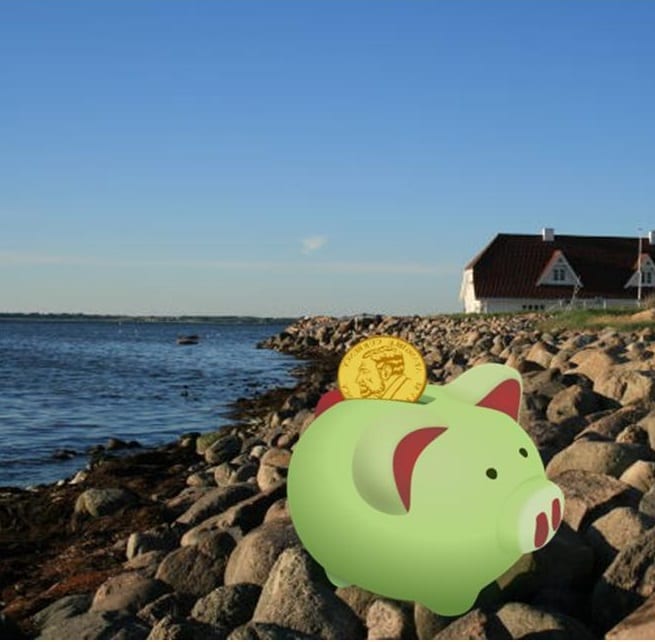 The North Carolina proposal is only one of a large number facing the General Assembly.
The North Carolina proposal is only one of a large number facing the General Assembly.
A bill regarding homeowners insurance is one of a large number being considered by the General Assembly in North Carolina, following a slew of others last week, including outdoor smoking bans, clean water issues, and autistic child coverage.
This is because the General Assembly was trying to fit everything in before today’s non-revenue bill deadline.
The bills – including the one for homeowners insurance – were required to pass their originating chamber by this date so that they would be able to move forward. Fortunately for those in support of the property coverage bill, it was able to make it through on time. It was sponsored by Rep. Paul Tine (D-Dare) and is designed to allow more information to be obtained regarding disaster modeling and how it is used to set the rates paid by property owners along coastlines.
The goal of the homeowners insurance bill is to enhance accuracy and fairness to avoid future spikes.
Tine explained that “This bill is about bringing better information to the rate-making process and giving all the citizens of North Carolina more transparency.” He went on to say that two models would be required by homeowners insurance companies, instead of one, and that by using that “and competitive historical data, we should have more fair and accurate rates. When the Department of Insurance publishes the rate in each territory for the amount consumers are paying, maybe we all will stop finger-pointing and start working on a system that works better for everyone.”
The Coastal Policy Reform Act of 2013 made its way through the Senate. It was sponsored by Senator Bill Rabon and was strongly opposed by environmental groups. This would permit an unlimited number of terminal groins (a long hardened structure or wall that reaches out into the ocean) along the North Carolina coastline and would slash a 2011 law to ribbons, which had previously capped the number of these structures and set a requirement that local governments would need to receive voter referendum approval for any bonds that are sold in order to pay for the construction of them.
The homeowners insurance bill – and the others that have received approval – now have the opportunity to move forward.
